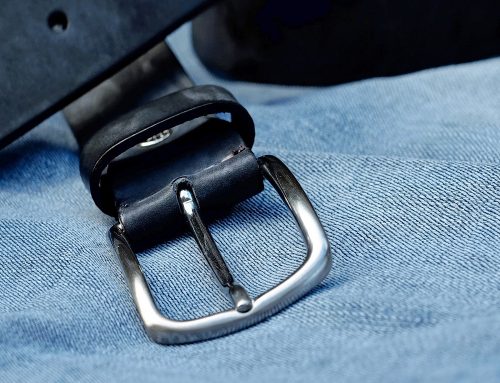Recently, a man was robbed at gunpoint on Soledad Cyn. Road in Canyon Country. According to reports, the incident occurred at 2:20 am. The victim was approached by a man who pointed a gun at him and demanded his valuables, so the victim handed over his wallet to the suspect who then drove away in a black Chevy Tahoe.
Not long after, deputies received another report about an armed robbery that occurred not far down Soledad Canyon Rd. The suspect was described as wearing different clothes than in the first report, but the rest was the same. A man with a 9mm pointed it at the victim and demanded his valuables. Upon receiving them, the suspect sped off in a black Chevy Tahoe.
It’s possible that there was one suspect who changed clothes, or possibly two suspects. Santa Clarita Sheriff Station deputies are investigating.
Robbery is covered under California Penal Code 211 PC and is described as the felonious taking of personal property in the possession of another, from his person or immediate presence, against his will, accomplished by using force or fear.
Often, the terms robbery and burglary are used interchangeably, but they’re actually two very different crimes. Burglary is when someone enters a structure or locked vehicle with the intent to commit grand theft, petty theft, or any other felony once inside. Robbery is when someone takes something from someone and threatens or forces them in the process.
Robbery is divided into two parts: first-degree and second-degree. First-degree robbery includes cases where the victim is a driver or passenger of a ride for hire (Uber, taxi, bus, etc.), the robbery happens in an inhabited boat, trailer, or something else, and/or the robbery occurs immediately after the victim uses an ATM. All other cases are considered second-degree robbery.
First-degree robbery is a felony that is punishable by felony probation, 3 to 6 years in California state prison, and/or a fine of up to $10,000. Second-degree robbery is also a felony and is punishable by felony probation, 2 to 5 years in California state prison, and/or a fine of up to $10,000.








Leave A Comment